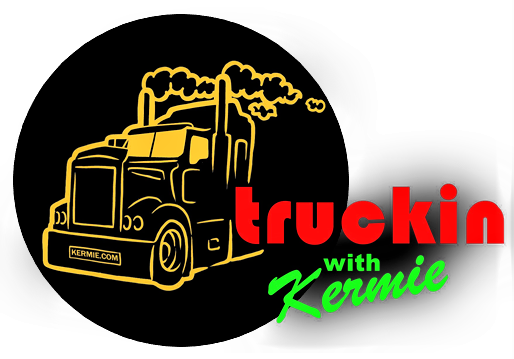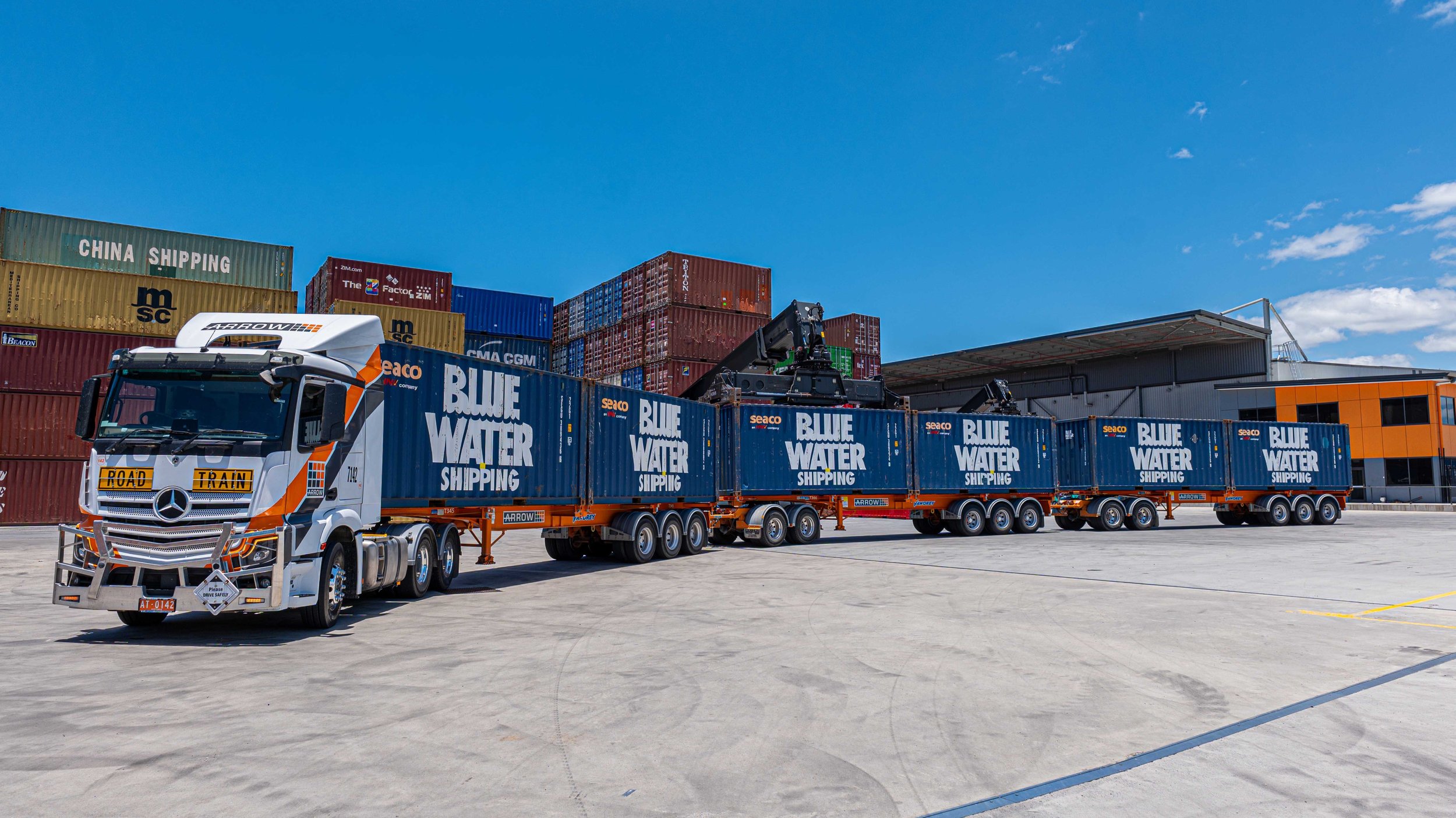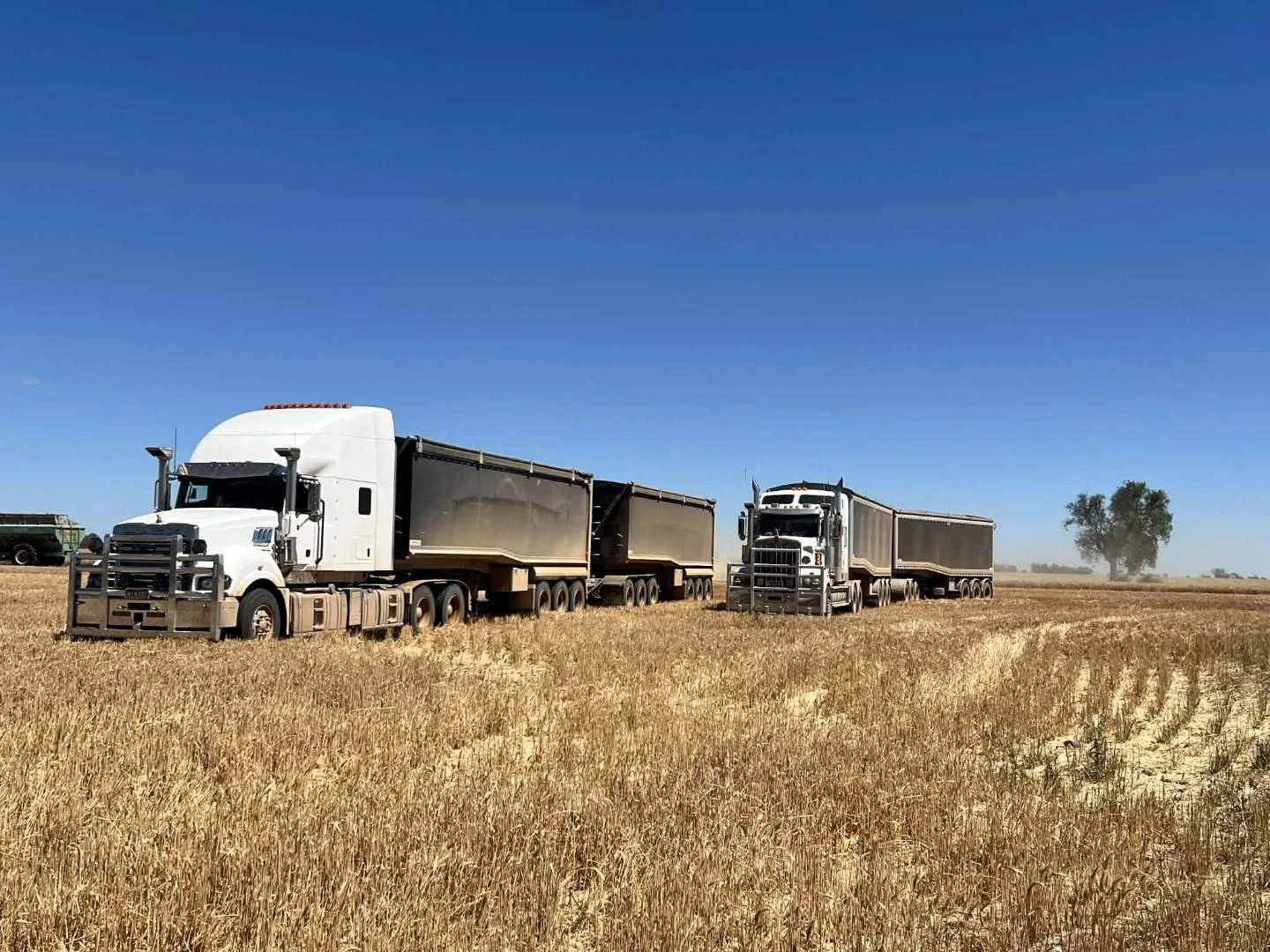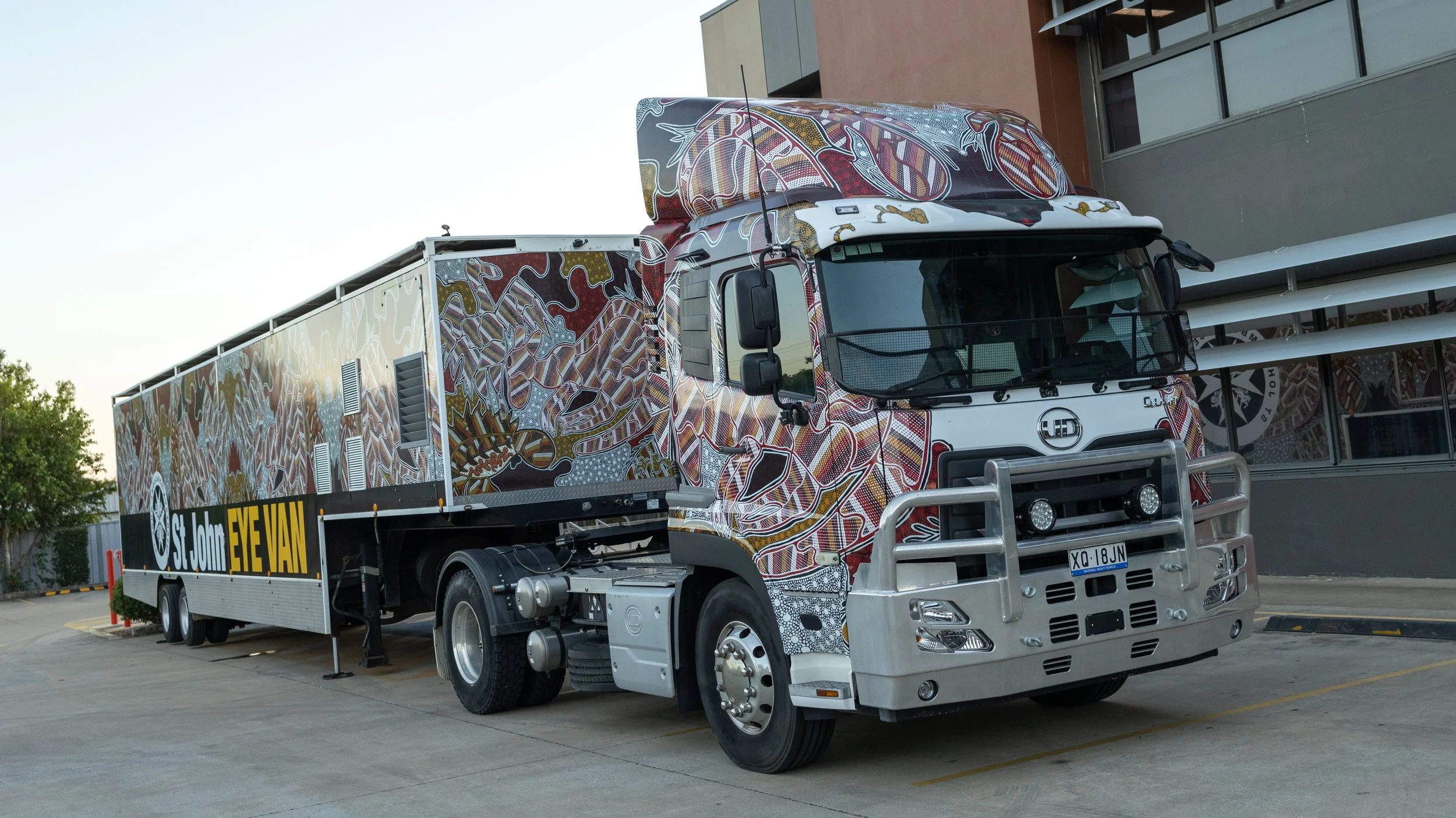Vale Sam Sali: 15.1.1937-7.1.2024
Well known Shepparton-based Sam Sali passed away yesterday, just a week before his 87th birthday. I’ve been fortunate to have known Sam for some years and to have interviewed him on more than one occassion. In Sam’s memory, I reprint the conversation I had with Sam in 2019. RIP my friend.
. . . . . . .
Sam Sali sits behind a desk laden with paperwork, a neatly pressed shirt and slacks on. Sam doesn’t strike me as a jeans-at-work kind of guy. He moves a mound of paper to one side to allow me a little elbow room and I notice something quite out of the ordinary…..there is no computer on the desk.
“Never learned to turn one on,” says this octogenarian. “Probably just as well, as they say that computers create even more paperwork and, well….anyway I’ll get through all this before I finish up tonight.”
Sam was born on 15 January, 1937 in Albania. The family arrived in Australia in April or May of that year. Sam’s father, Sabri, had been in the country prior to this, coming over in 1928 to work and send money to the family back home. Arriving in Fremantle, he worked in the West for a few months before friends contacted him and suggested he should move to Shepparton which was reminiscent of where he’d lived in Albania.
It wasn’t long before he gained a job in an orchard just north of the township in Grahamvale. Living in East Shep he would walk to work which was a fair hike. The boss then fixed up a pushbike for him which was like Christmas to the young Sabri. After a few months the boss said he had a hut on the orchard he could live in.
In 1935 he went back home to Albania and the family and Sam was born, nine years after his older brother, Alan. With tough times at hand, Sabri said he would again return to Australia to make money but his wife was having none of it and so the whole family emigrated – this time for good.
This was two years later, in 1937, and Sabri’s old job was waiting for him. “There was a big demand for tomatoes throughout the war and dad saw the opportunity to go out on his own. He managed to buy a parcel of land, leased some more and grew tomatoes. This went very well until the late ‘40’s when the war was over and then it was a little more difficult.”
In 1946 Sam’s brother, Alan, 18 at the time, bought a KS5 International truck to use through the fruit season and did very well, making more money than his father was on the farm. Dad, though was struggling on his own and Alan, placing family first, sold the truck and went back to the farm.
Sam was nine years younger than Alan and upon leaving school took up an apprenticeship as a mechanic – something he had always wanted to do.
In 1956 Alan again turned his hand to trucking with a Bedford, hauling fruit and veg into Melbourne. Sam worked at his apprenticeship through the day, and at night loaded the truck for his brother as well as maintaining it on weekends.
“We had a 32’ x 32’ shed. It was divided into a work area, a parts area, a bay for the cows and a bay for the horses. Most of the work was done outside. Today we have a slightly bigger workshop.”
On completing his apprenticeship in 1958, Sam went to work with Alan on a full-time basis and bought a single axle Diamond T. “In those days it was a 3 ½ hour trip to Melbourne. There were no heaters and no air conditioners. I remember coming out of Nagambie one stinking hot summers day I had the cab vent open and the quarter windows were open but you couldn’t go over about 30 miles an hour because the wind was that bloody hot!”
The ‘S’ in S. Sali & Sons Transport is not for Sam but in fact his father, Sabri. “Dad lent us the money to get us started so we thought it only fitting that the company be named after him.”
“When we started out we just worked the fruit season which made enough money to last us throughout the year. Other times we just picked up odds and ends of work as it happened. In 1964 we bought a new 184 International with a McGrath bogey trailer - the intent being to do the fruit season with that and then do some interstate work.”
“That’s where our expansion started, because in 1964 we were asked to put a tanker on for BP, carting fuel. From there we started growing and doing more interstate work. By 1970 I think we had six or seven trucks running. We had a mix of trucks - Internationals, the Diamond T and then we bought into the 1418 Benz. They were the flavour of the period. If you didn’t own a Benz it was like not owning a Kenworth today.
“We also bought an Acco with a lazy axle on it. We were still doing a fair bit of fruit in those days. It had a terrific payload and you could put as many as 28 bins of fruit on it. We kept that going until we got out of the fruit industry, which was becoming too inconsistent, and concentrated on interstate.”
“I drove full-time until the late 70’s when the level of business was such that I was needed in the office. I much preferred being behind the wheel, but that’s the price of success I guess.”
The brothers did a lot of work for the Ford motor company in those days, carting the panels for the Laser and other cars to Sydney and also Fairlane panels and truck parts for the Louisville up to Brisbane. In the early 70’s they picked up BHP wire products out of Newcastle. That was an association that lasted over 23 years.
“Then Companies bought in transport consultants who worked out schemes to consolidate, if you will, their transport needs. They convinced companies to bring in single trucking businesses to service the whole lot, rather than smaller companies such as ours, who specialised in certain areas. Big companies make these changes and often end up in trouble - in that the costs increased rather than the reverse. BHP was not alone in this but they specified to the company that got the contract that we had to be retained. So we subbed for Mayne Nickless and then Toll on the BHP business. Sometimes loyalty works both ways.”
Sam (R) with the late, great Ian Lee, who restored Sam's Diamond T
“CSR did the same thing. Their Manager of Distribution said, ‘But Scott’s (of Mt Gambier) have got a lot of trucks. I replied, “That means they have a lot of customers and you’ve just become a number, rather than a client.
“When our clients rang they got myself or my brother. If they had a problem getting a truck at short notice we would fix it – either ourselves or with one of our many contacts.
“In those days, come late October, things used to go mad around here because of the grain season. A lot of trucking businesses would head there because of the good pay. One time the people at BHP said to us, “It’s coming into November, are you increasing your freight rates?” We said no, what for? They said that’s what all the others do at this time of the year. We said, no our rates stay the same all year round and they thought that was great. Possibly that’s why we had such a long relationship. At our peak we were running 16 to 18 trucks, including subs.”
Of the four Freightliners bought in 2003 only one remains in the yard, keeping company with three Scania’s and five Kenworths.
Alan passed away in 2002 at the age of 74 and Sam speaks lovingly and wistfully of him. “It was far too young.” His beloved wife, Nina, passed away in April of 2019 and Sam’s eyes mist up at the mention of her name.
A Shepparton institution for over 60 years.
Sam walks the 100 metres from his home up to the office every day. It gives his life some meaning since Nina passed and he is glad of the distraction.
Sam is held in high esteem by the industry. A founding director and member of the NTF, as it was before the merger with the LDRTA (which then became Nat Road), he was on the board for 15 years. He was also a founding director of Nat Road.
Sam has been recognised by the ATA and Nat Road for service to the industry. More importantly, he is recognised as a man with a big heart who puts family, staff (many of whom have been with him for decades) clients and his community at the forefront of his life. A short statured man, Sam Sali stands tall in front of all who know and love him.
. . . . . . .
Sam’s truck ownership is an encyclopaedia of Australian trucking.
"First off we bought in 1956 Bedford. In ‘58 we bought our first single axle truck – a Diamond T. After that came a J-model Bedford with a tray body, followed by a TK Bedford. In 1964 we bought our first bogie trailer and a V8 Inter 184. Another one of those followed to pull a tanker.
"Then in 1968 we got a Diamond T DL 7000. That was a special model, designed to house a V653. Then came Mercedes 1418's – we had two of those. Later on we bought a fibreglass Atkinson 290. They'd just been released and it was a big thing for us at the time. At the same time we bought an ACCO single drive with the 250 903, which was ideal for pulling a spread trailer.
Diamond T interior is classic.
"Our next purchase, when we upgraded our tanker work, was a White 9000. An ideal truck for tanker work. That had a 10 speed Road Ranger in it, and was a pretty good machine. We traded that and the fibreglass Atkinson on two new steel Atkinsons, made by International down there in Dandenong. They were a bit more comfortable than the old models. They had full spring suspension which was very simple - not like today with the airbags which are good, but are always leaking. With the spring suspension if you broke something you could change it in less than an hour. We finished up buying five Atkinsons. Four were Cummins powered and the other had a GM V8.
"In '99 we were still running them and a couple of S-Line Internationals. Then we upgraded to 4 of the later S-Lines – the 3670 I think. We had four or five Trans Stars, then came the Argosy's followed by the Kenworths."
Sam Sali. Gone but not forgotten. Rest in Peace, Sam
More Blog Posts You Will Love
More From In-depth
Got something to say? Say it here!
truckinwithkermie.com is for YOU and about YOU. We’d love to hear your stories. There are a number of ways to get in touch with us:
kermie@truckinwithkermie.com
(+61) 0418 139 415






















